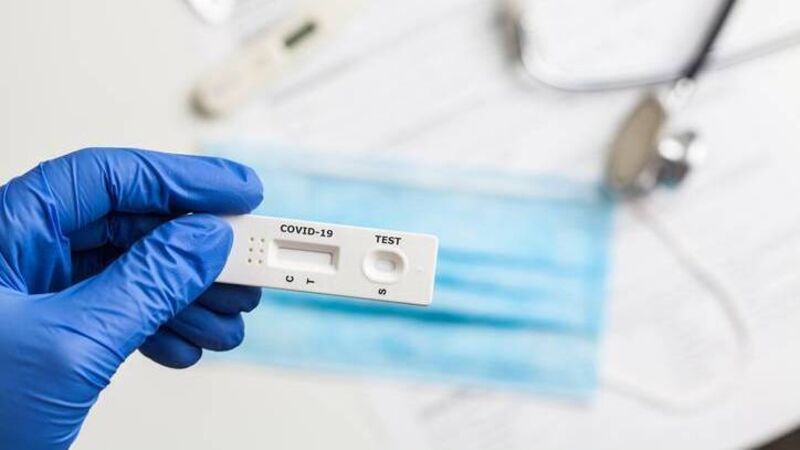New covid-19 variant, Eris, detected in Ireland

In the last week, 3,717 tests have been completed with a positivity rate of 18.1%. Picture: iStock
The HSE has confirmed a new variant of covid-19 has been identified in Ireland, as the World Health Organisation (WHO) urged the Government to remain vigilant against the virus.
Eris, a descendant of the Omicron variant, has been associated with outbreaks in hospitals in Ireland.










